

Hearing aids and dementia
The onset of dementia in people with a hearing loss could be delayed by up to 5 years if hearing aids are worn.
A recent study was carried out of 2,114 patients over the age of 50 with a hearing impairment. They found a third who wore hearing aids had not developed dementia five years after their mild cognitive impairment, or MCI* diagnosis.
This figure was only a fifth for those who did not wear hearing aids.
The experts said their findings were an ‘important first step’ to encourage those, with a hearing loss at risk of dementia, to wear hearing aids.
Interestingly the use of hearing aids was linked with a two-year slower conversion to dementia which would have substantial economic and societal effects.
Take the first step
If you or a family member would like to come into our COVID secure clinic for a hearing consultation call us now on 020 7486 1053.
* MCI affects 5–20% of people over the age of 65. It manifests as problems with memory and thinking that do not interfere significantly with daily life.Individuals diagnosed with MCI are more likely to go on to develop dementia later in life.
Enjoy this article? You might be interested in some of our others:

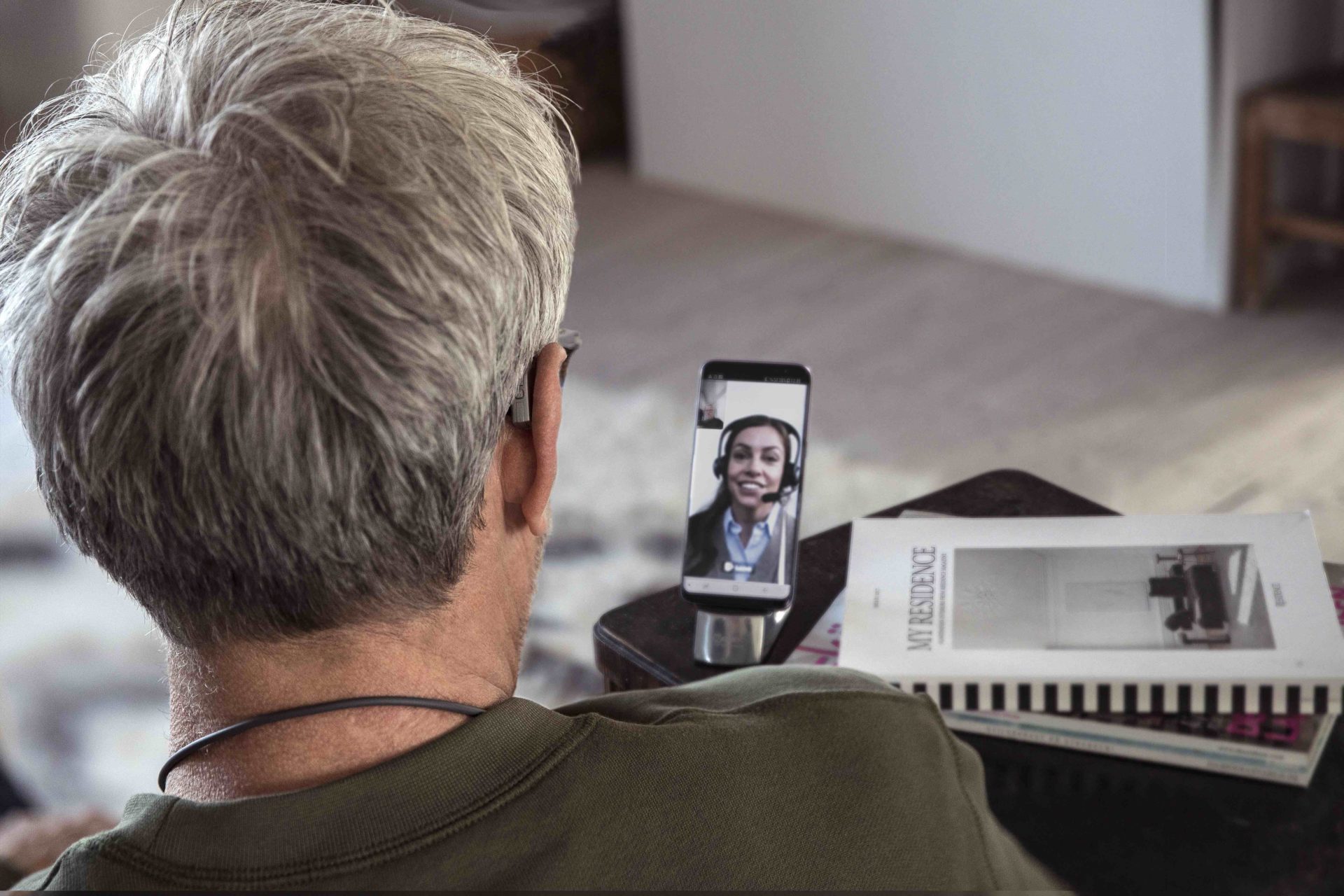
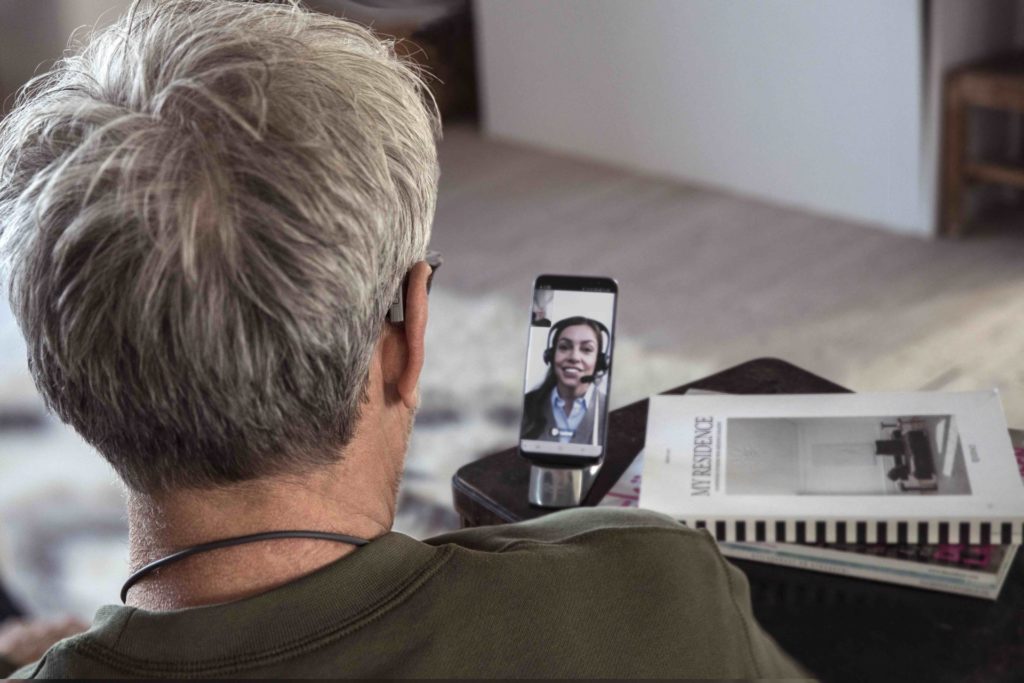
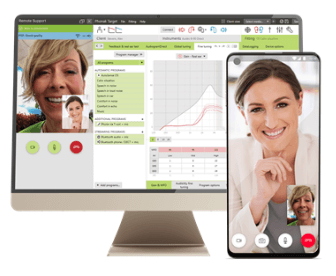
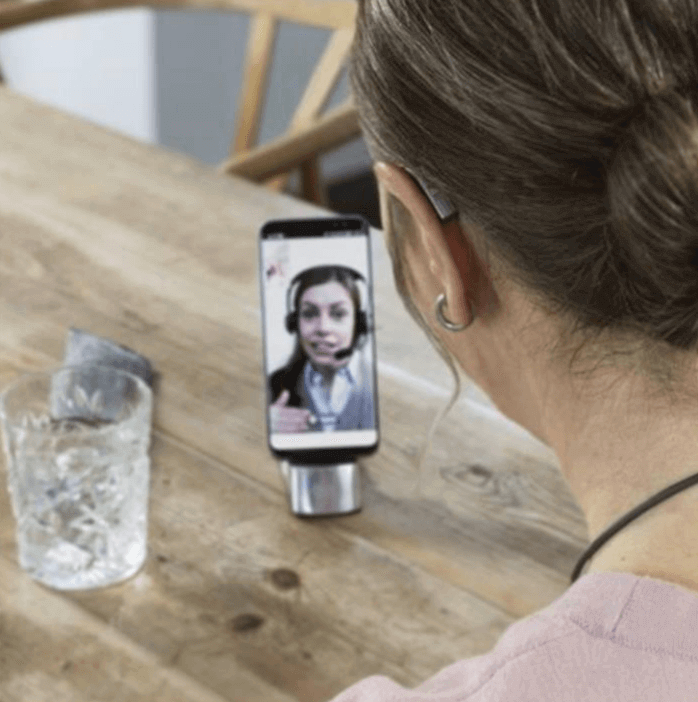
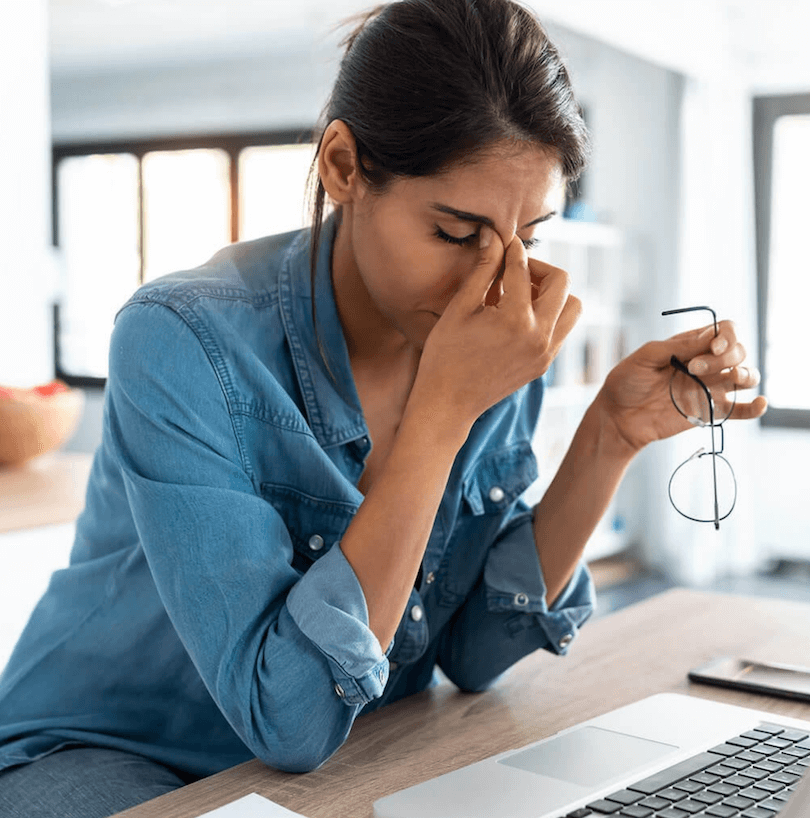

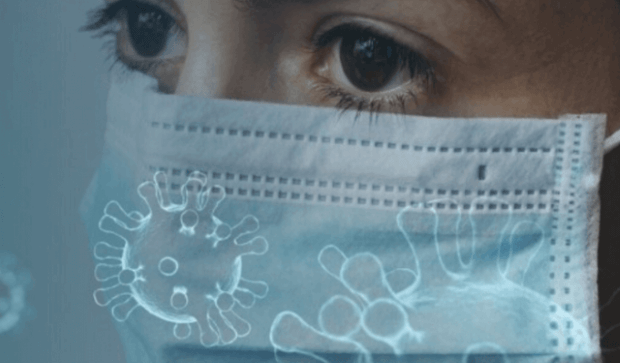

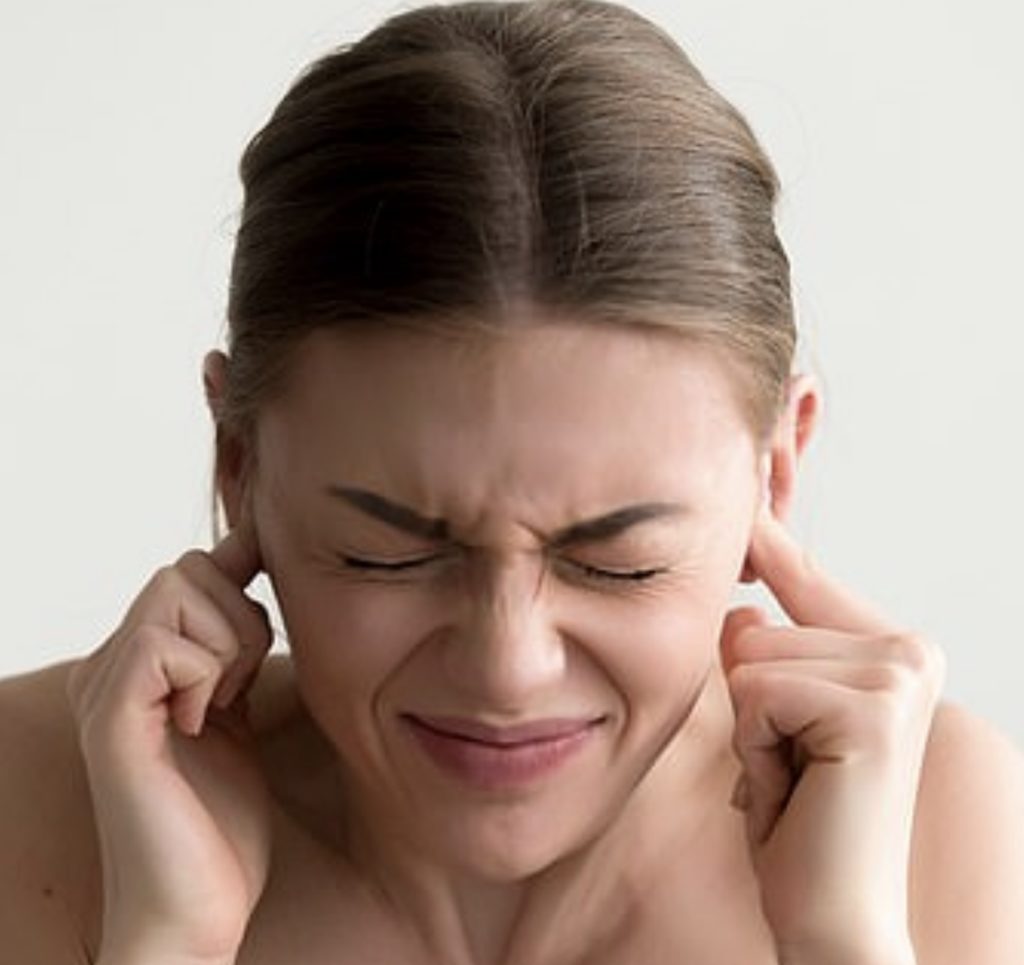
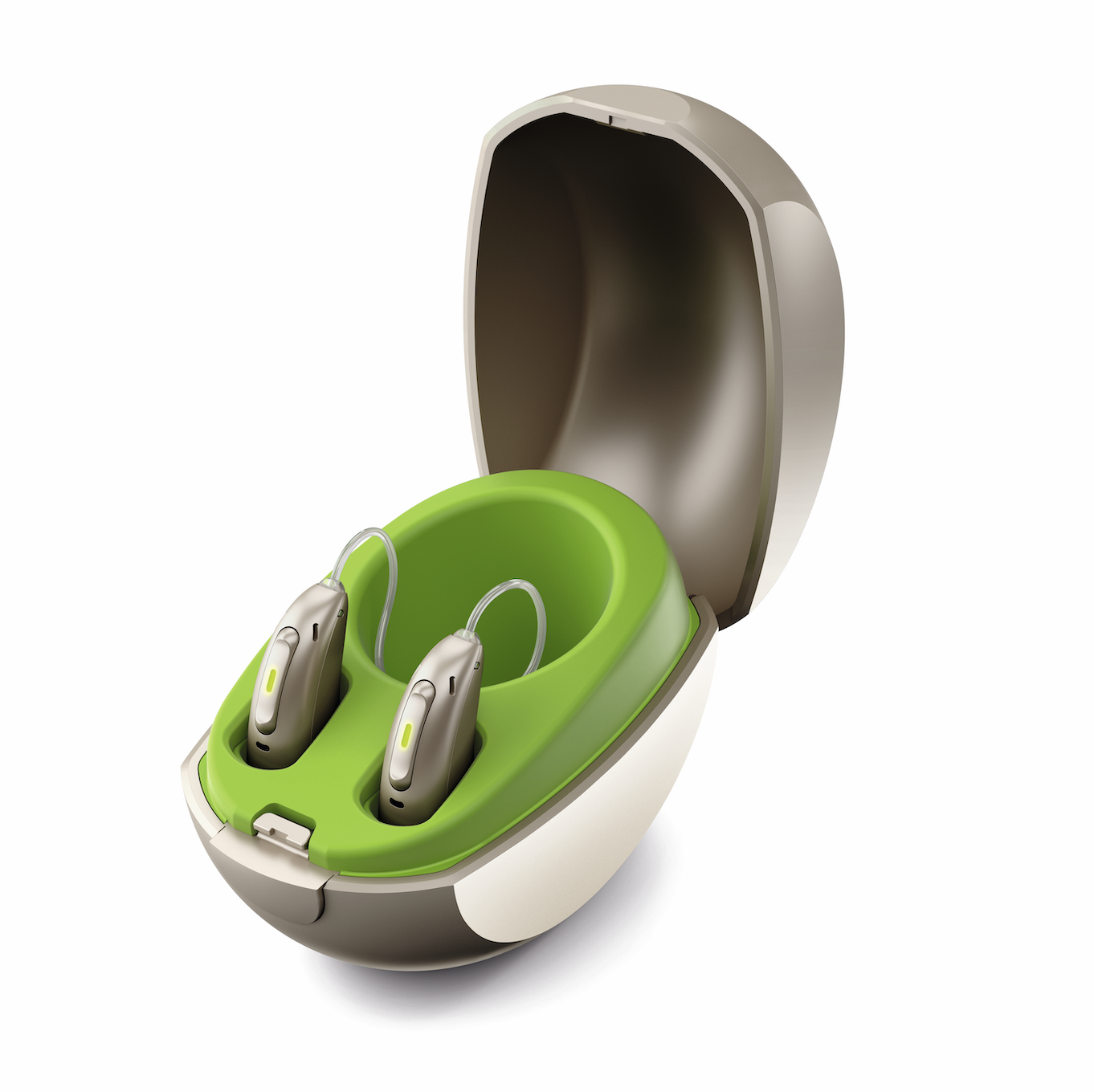
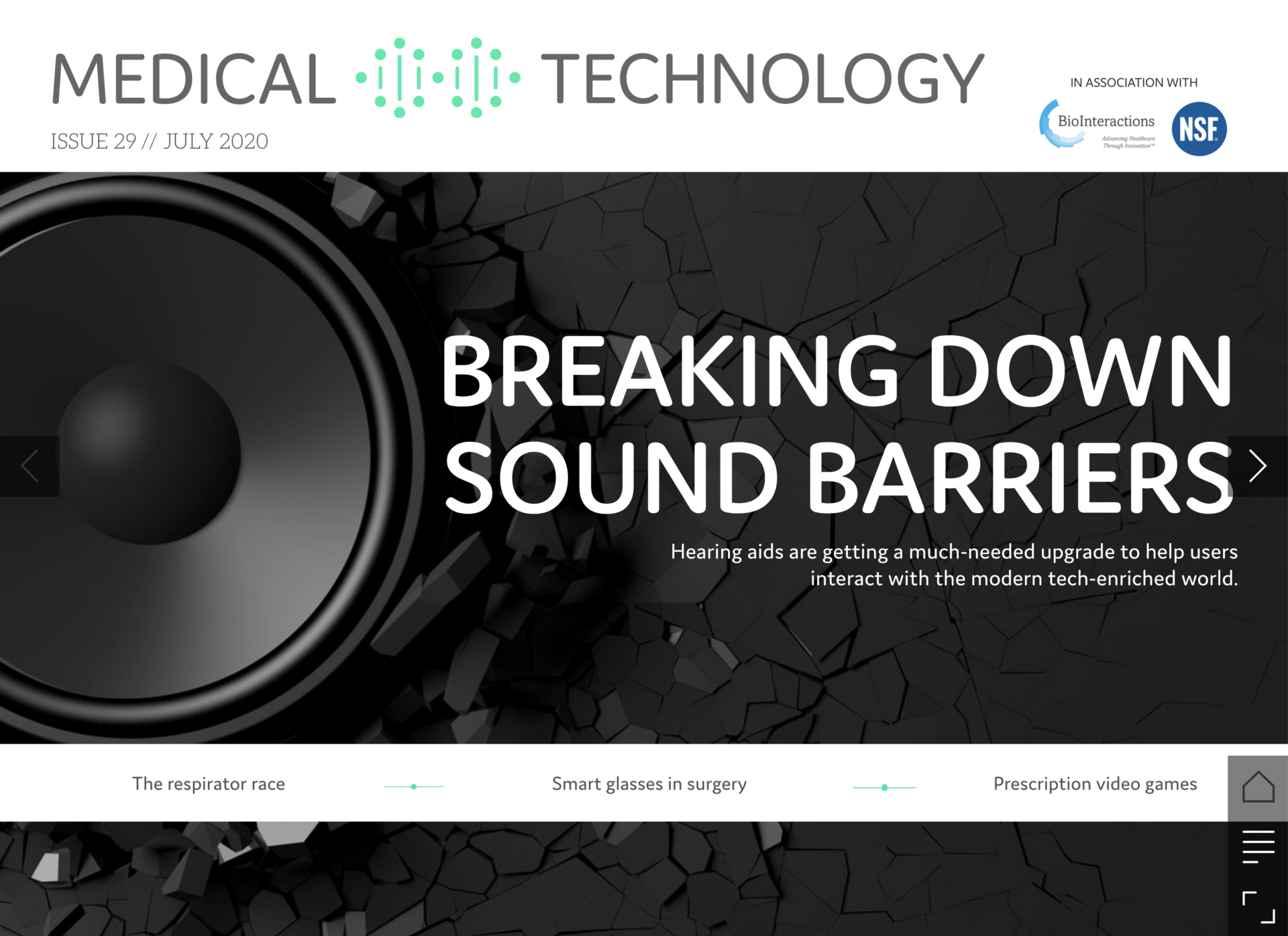
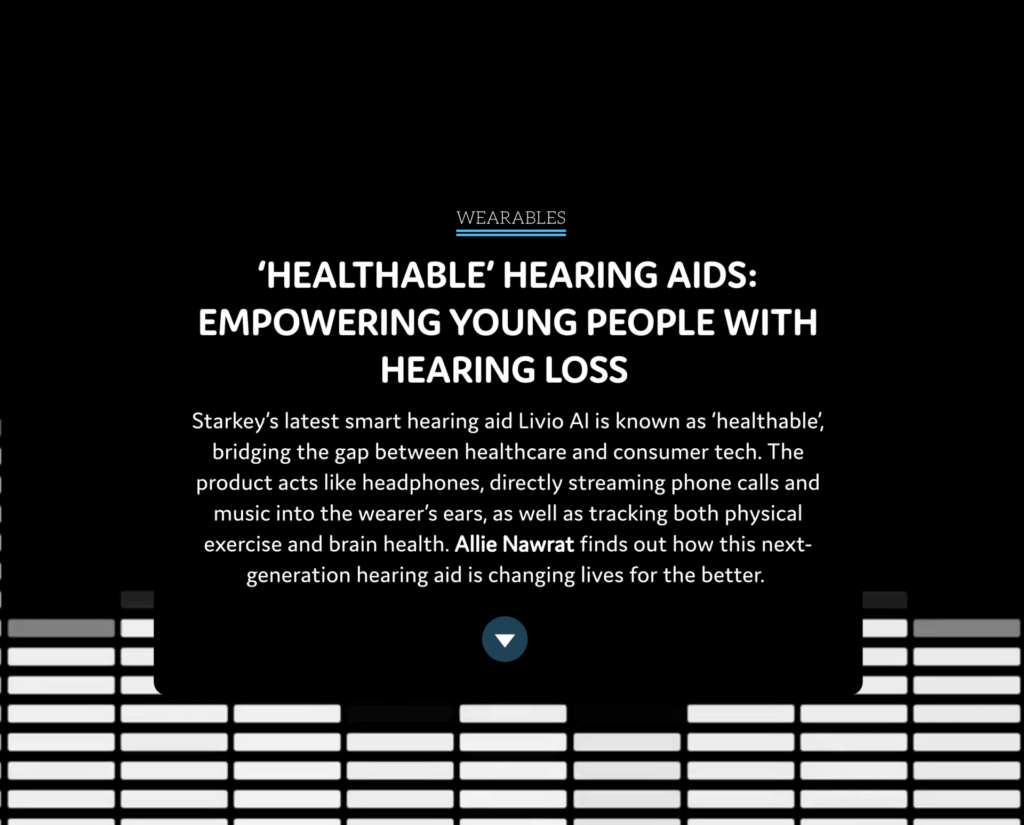


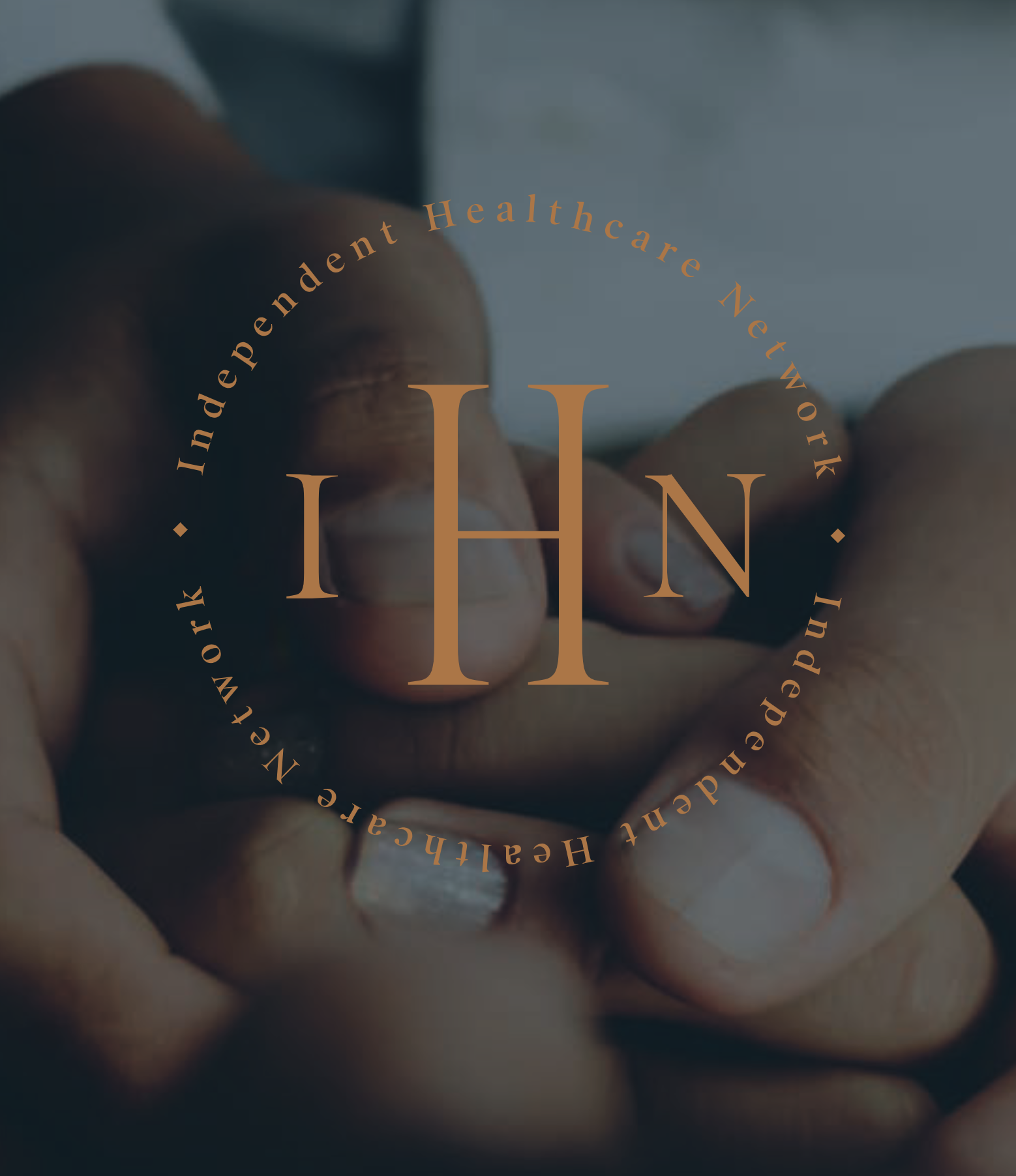
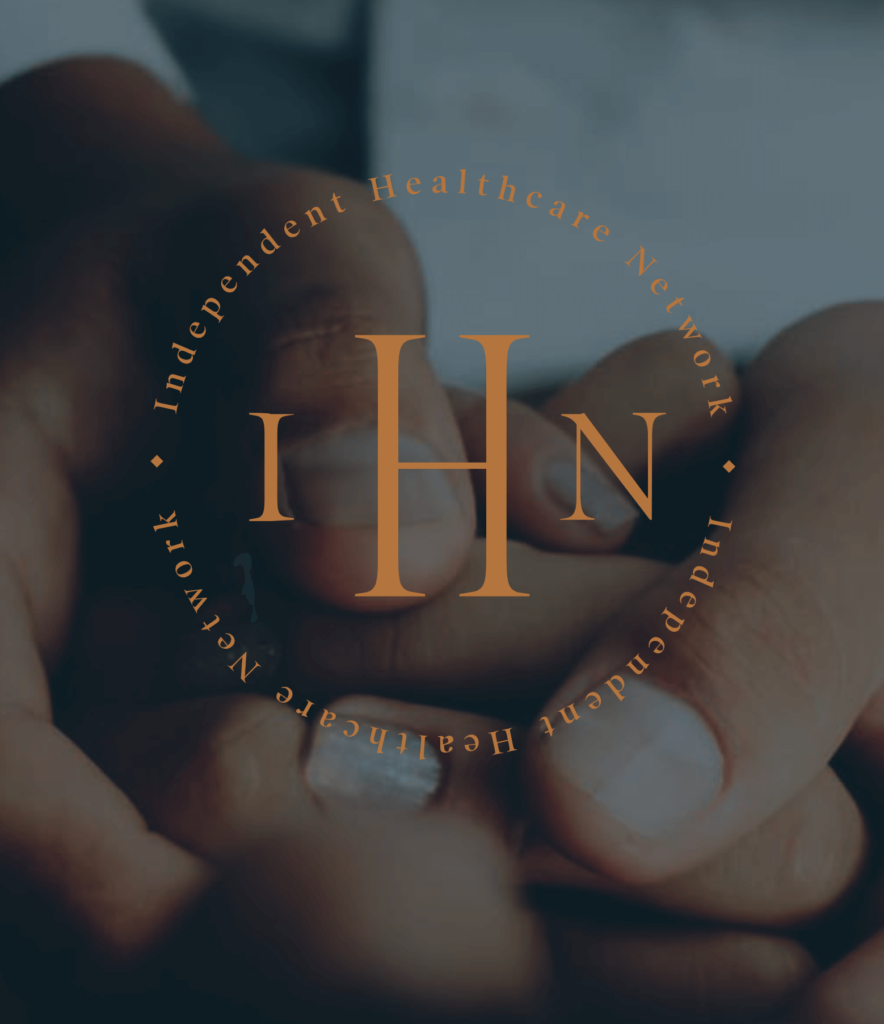
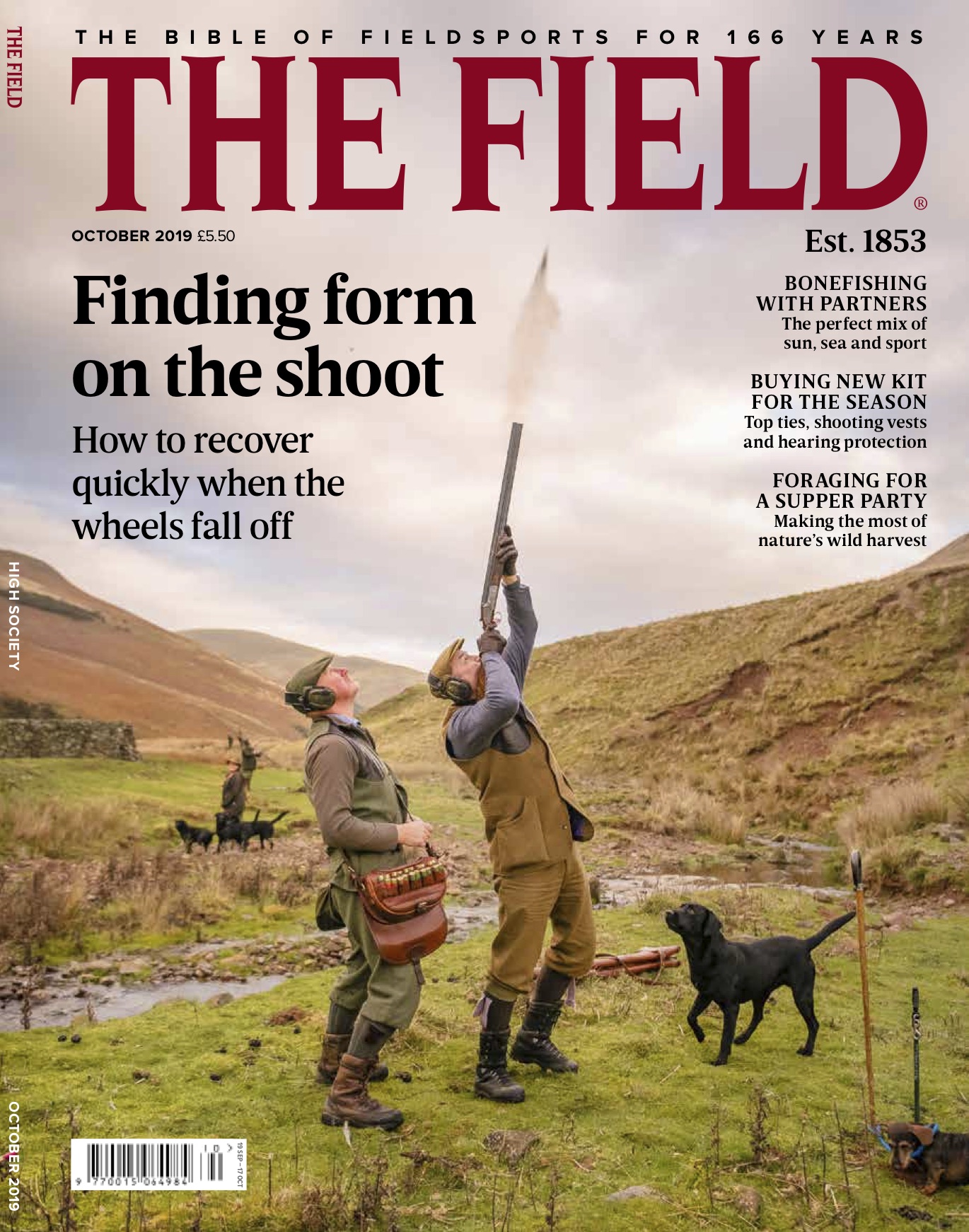








Recent Comments